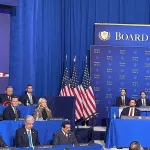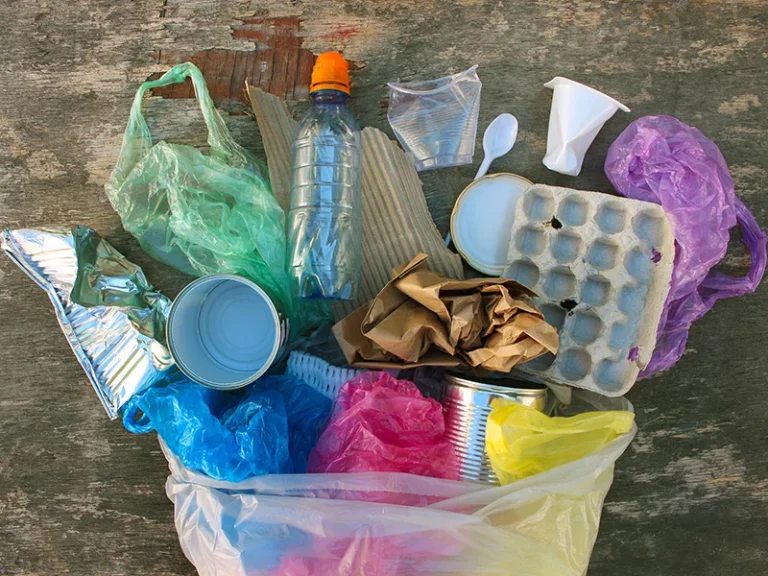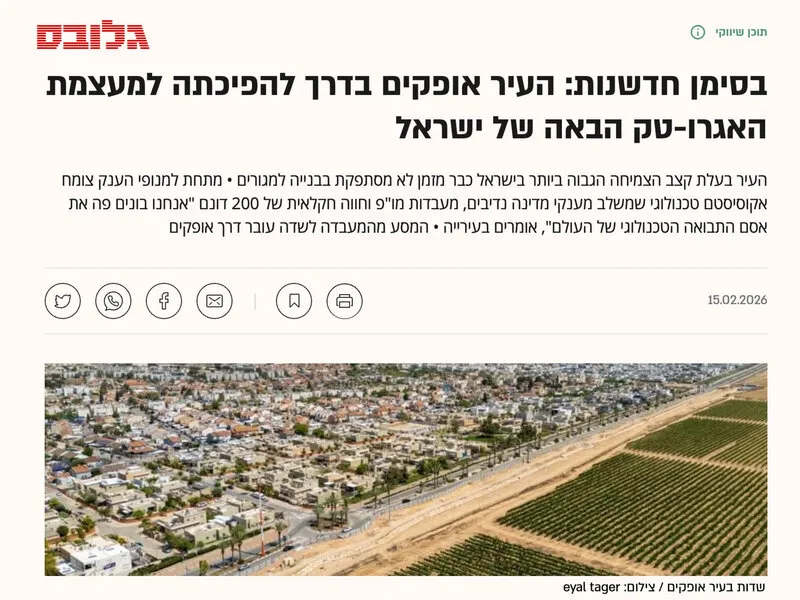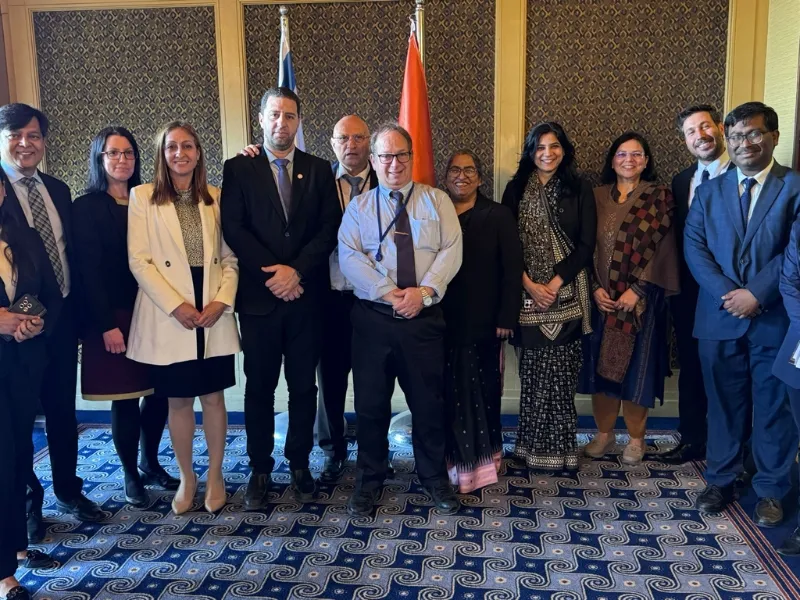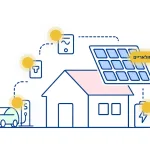the ministry of Environmental Protection today (November 20) published a Memorandum of Law for public comments regarding the amendment of the Law for the Regulation of Dealing with Packaging, 2011 (Nevo Website, Hebrew). The Memorandum of Law aims to improve public service, open the packaging waste market to balanced and supervised competition, increase recycling rates, and improve supervision and enforcement of the law’s implementation by manufacturers and importers.
the ministry‘s proposal for amending the Law is published following the work of an inter-ministerial team that examined the opening of the packaging waste market to competition and published its recommendations in July 2024. The recommendations stated: Competition among Recognized Bodies in the Packaging Law requires a legislative amendment to ensure an appropriate level of service to the public and the establishment of a mechanism for balancing and coordinating between the income from handling fees paid by manufacturers and importers and the expenses for service to the domestic sector via the local authorities. In light of these recommendations, the Ministry conducted a comprehensive Regulatory Impact Assessment (RIA) process and formulated a proposal for amending the Law.
Idit Silman, Minister of Environmental Protection: “We are continuing to advance the Waste Revolution, this time by opening the packaging market to supervised competition among Recognized Bodies, in a way that will improve service for consumers and raise recycling targets. The amendment to the Packaging Law will promote practical steps for reducing landfilling, advancing a circular economy, and focusing on domestic waste, where the packaging stream is significant. This will generate savings of millions of shekels annually for the local authorities and provide better service to the public”.
Elad Amichai, Senior Deputy Director General for Local Government, Education, and Community: “Packaging waste is the largest dry stream in domestic waste. Increasing its recycling rates will reduce landfilling and lead to significant savings for the authorities. This is a central step in implementing the Ministry’s 2030 strategy”.
Proposed Key Amendments
- Raising the recycling targets in the Law according to the standards accepted in the European Union.
- Setting a recycling target for the domestic sector, according to which at least 50% of packaging waste will be collected from households.
- Opening the market to competition among Recognized Bodies, alongside a coordination and balancing mechanism to maintain the level of service to the public.
- Expanding the use of recycling bins for recycling additional products made of materials such as plastic, glass, metal, paper, and cardboard, which are not necessarily packaging.
- Mandatory registration in a Manufacturers and Importers Registry that will be transparent to the public and enforcement bodies to improve control and reduce the phenomenon of manufacturers and importers violating the Law.
- Strengthening the supervision mechanisms in the Law.
The Memorandum of Law is open for public comments on the Government Legislation Website (Hebrew) starting from (November 20, 2025) until (December 10, 2025).
Expansion
Law for the Regulation of Dealing with Packaging, 2011 (Nevo Website, Hebrew) is designed to reduce the negative impact of packaging waste on the environment. To this end, arrangements were established to reduce the amount of packaging waste, prevent its landfilling, and encourage its reuse. The Law implements the “polluter pays” principle and imposes Extended Producer Responsibility (EPR) on manufacturers and importers of packaging. This includes a reporting obligation, financial responsibility for treating the waste generated by the packaging products they introduced into the market, and the obligation to meet recycling targets, according to the type of packaging material, including an overall recycling target.
To fulfill their obligations, the Law mandates that manufacturers and importers contract with a Recognized Body. This is a corporation that has received the Ministry’s recognition to act for the implementation of the Law, and its sole role is to carry out activities to fulfill the obligations of manufacturers and importers. Manufacturers and importers fund the activities of the Recognized Body through handling fees.
Since the Packaging Law entered into force, recognition has been granted to a single Recognized Body – Tamir, Producers Recycling Corporation of Israel Ltd. Although Tamir Corporation has met and even exceeded the recycling targets set by the Law over the years, most of the achievements stem from the collection of waste from businesses (approximately 75%). Manufacturers and importers of packaged products or service packaging – who are not affiliated with Tamir and do not pay handling fees for them – violate the Law and cause economic and social damage.
Every product we purchase today arrives in one or more packages. Packaging is produced in massive quantities, and most of it is intended for single or limited use. Packaging has a large volume relative to its weight. Their volume and the complexity of the materials they are made of impose an economic and logistical burden on waste management systems.
According to the results of the Waste Survey published by the Ministry of Environmental Protection in August 2025, 25% of the weight of mixed household waste in the green bin is packaging waste and beverage containers, and 47% of its volume. Although prohibited by law, this waste reaches the landfill, and its treatment costs the local authorities a great deal of money.
Waste landfilling causes numerous environmental damages, including land occupancy, air and soil pollution, and the emission of greenhouse gases. The raw materials that are landfilled, even though they may have positive economic value, are deducted from industry and the economy and are lost. In contrast, packaging waste disposed of in the dedicated recycling bins – the Orange Bin, the Purple Bin, the Blue Bin, and the Cardboard collection points – reaches recycling or proper treatment, funded by the manufacturers and importers of the packaging.
To improve environmental benefits and the mechanisms established in the Law, it is proposed to raise the recycling targets and make recycling in general more accessible to the wider public. It is further proposed that the recycling of waste with similar characteristics to packaging waste (for example: plastic toy parts, metal frying pans, glass cups) be recognized, provided this waste is collected in the dedicated recycling bins. This proposal will simplify public education and lead to an increase in recycling quantities and a reduction in landfilling, which will ease the burden on both the local authorities and the manufacturers and importers, and is therefore in alignment with the Ministry’s strategy and the European Directives.
In June 2025, the Ministry of Environmental Protection published a Memorandum for the amendment of the Deposit Law on Beverage Containers, 1999 (Hebrew). This Memorandum also proposes to raise the recycling targets for beverage containers and improve service to the public. The publication of these memorandums is part of the policy promoted by the Ministry of Environmental Protection for a sustainable waste economy.










